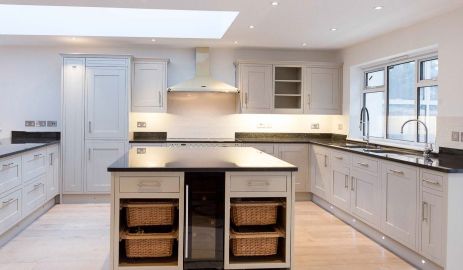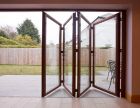
Tips To Choose Damp Proofing Materials For Your Property
Damp proofing of any property is must during construction of the same or even after the construction is over. It is because damp proofing helps in protecting the building or property against any damage or other problems that may arise due to dampness or moisture content. Although most of us take care to get our property properly damp proofed from the professionals operating in the relevant field such as damp proofing Kingston however we seldom notice the material used to accomplish this task. It is quite important to select damp proofing materials as per unique requirements of your property. It is because varying materials are used to accomplish the task of damp proofing for different types of buildings and the construction materials used therein. Here are some tips to choose damp proofing materials for your property.
Impervious material- It is but obvious that the damp proofing material to be selected by you must be totally impervious to water. It means it must be able to hold out water and prevent the same from entering your building. The material selected by you for damp proofing should be free of any water absorbing salts such as chlorides, sulphates or phosphates.
Strength of the damp proofing material- It is also an important point worth considering while selecting any damp proofing material for your property. You need to select such a material that is quite strong and able to resist heavyweights. Same is especially true for the damp proofing materials that are used for walls. You must use the strongest of the damp proofing materials so as to ensure their durability and efficiency.
Flexibility- Among other points, you also need to take into consideration the flexibility of the damp proofing material to be used for your building. The material selected by you for damp proofing must be flexible enough so that it may be easily laid or applied into the walls or other structures. Flexibility of the damp proofing material to some extent helps in easy application of the same into most inaccessible areas and structures of the building. It helps in ensuring that all the parts and structures of the building are properly and completely damp-proofed.
Mode of application- While selecting any damp proofing material, you must first confirm with the suppliers or the builders about its method of application. It is because different types of damp proofing materials are applied differently into the walls, ceilings, floors, basements and other structures of the building. Also it depends upon the type of materials used for construction of these structures. It is advisable to get apt damp proofing material that can be easily and appropriately applied to the property or the building.
Price- Cost or price of damp proofing material is undoubtedly important before it is selected and purchased to accomplish the entire task. Check with differed suppliers so as to make sure that you are getting it at reasonable price.
All these points or tips may prove to be quite helpful for any property owner to select and get the best damp proofing material for their place.


Damp proofing is a process that is used to prevent moisture from entering a building. Moisture can cause a number of problems, including mold and mildew growth, rot, and corrosion. In order to choose the right damp proofing materials for your property, you need to understand the different types of damp proofing and the risks associated with each.